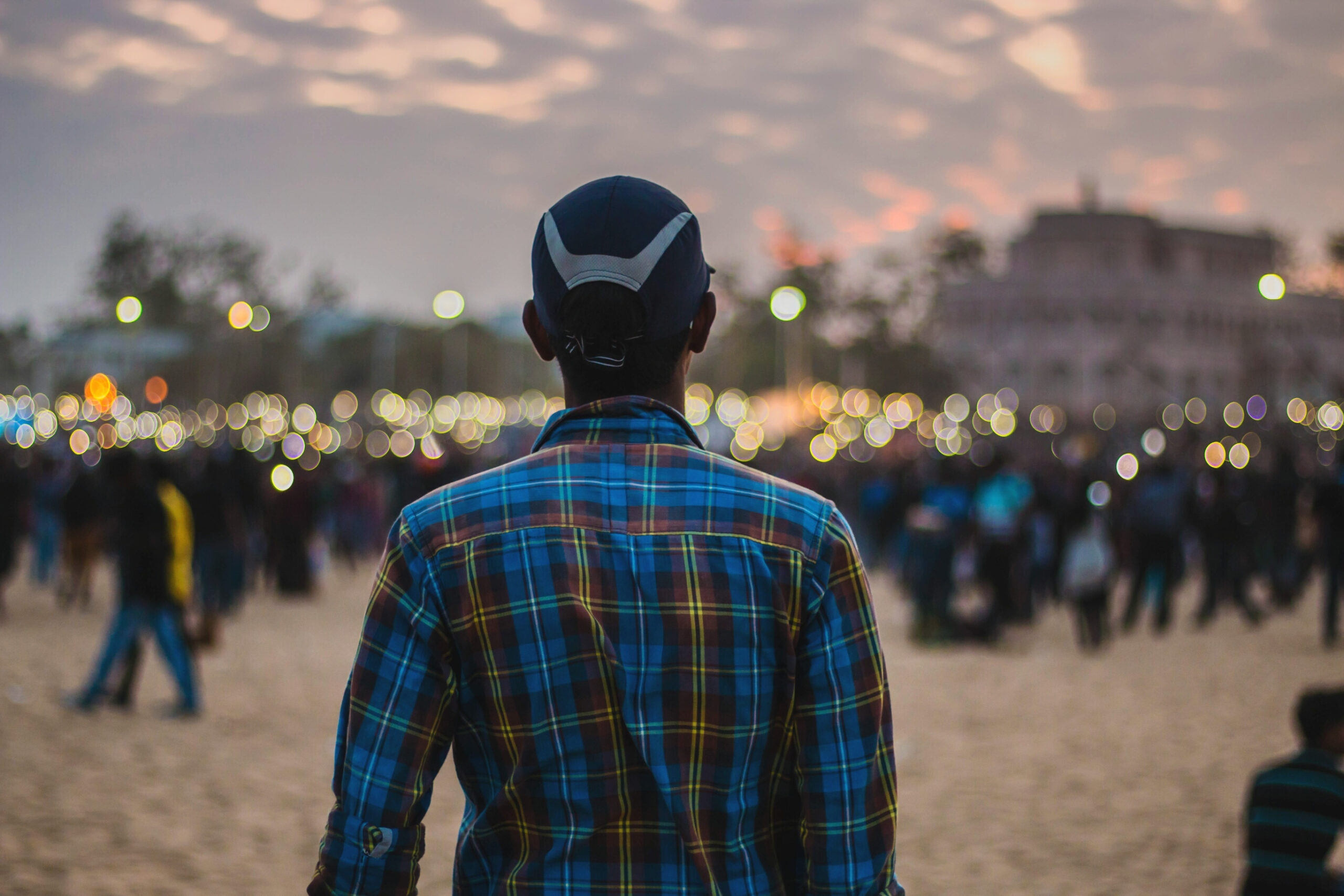Periods of unrest in several countries in South Asia are highly likely in 2023, posing operational risks for businesses in the region.
This assessment was issued to clients of Dragonfly’s Security Intelligence & Analysis Service (SIAS) on 14 November 2022.
A confluence of economic and political factors means that there is a very high chance of protests turning into unrest in countries such as Bangladesh, Pakistan and Sri Lanka. We assess that periods of unrest are most likely during and in the lead-up to and after elections, such as the general elections in Pakistan and Bangladesh. These are due in October and December 2023, respectively.
Converging issues worsen unrest risks
Several economic factors are driving unrest risks in South Asia. Food and fuel inflation seems to have been the main reason for demonstrations in the region over recent months. Data from our partner the Armed Conflict Location & Event Data Project (ACLED) shows that in 2022 there have been several hundred protests over inflation in India, Pakistan, and Sri Lanka. Rising youth unemployment rates across the region and other external pressures such as unprecedented flooding in Pakistan in June have aggravated these drivers.

Several countries will probably implement austerity measures in the near term, worsening popular grievances. Bangladesh, Pakistan, and Sri Lanka have already agreed or are in talks with the IMF over a financial bailout. Measures such as income tax rises are frequent prerequisites for bailouts and will probably lead to people protesting more often and in greater numbers. A few thousand activists protested in Sri Lanka last month against what they described as ‘government-IMF-austerity measures’. An income tax-rise bill is currently being debated in the Sri Lankan parliament and appears likely to pass over the next few months.
Outlook for further protests
We doubt that the prices of basic commodity imports will fall in the near term, sustaining a very high likelihood of more protests in 2023. The war in Ukraine has been the main driver behind recent price rises, and the conflict is unlikely to come to a conclusion in 2023. Continuing depreciations in local currencies are also probable, leading to further increases in the costs and scarcity of imports. There has been a noted decline in forex reserves in Pakistan, Bangladesh, and Nepal in 2022. We have seen no indication that this trend is likely to abate anytime soon.
Although the majority of protests in South Asia remain peaceful, there is a high potential for some to turn violent, in our assessment. This is particularly the case in Bangladesh, Pakistan, and Nepal. According to ACLED data, in 2022 over 20% and 35% of protests in Nepal and Bangladesh respectively turned violent. That said, these usually stop short of civil unrest. Instead, they mostly involved isolated scuffles between police and protesters, as well as roadblocks and violent police dispersals of demonstrators.
Triggers for unrest
We have identified Bangladesh and Pakistan as the regional countries most susceptible to larger protests turning into unrest in 2023. This is based on our analysis of economic data as well as our analysis of the political context. Although instances of unrest have been limited in scope and duration in 2022, these are likely to worsen in the run-up to polls.
We have identified a list of developments that in our analysis would probably signal an imminent and heightened risk of unrest on a country-by-country basis:
- Afghanistan: protests against the government increase in frequency to at least a weekly basis (25% improbable)
- Bangladesh: the Awami League comprehensively wins the 2023 general election amid widespread accusations of electoral fraud (65% likely)
- Bhutan: the government becomes unable to afford the import of basic commodities such as food and fuel (10% highly unlikely)
- India: the government passes controversial legislation related to minority rights (30% improbable)
- Maldives: the authorities pass legislation limiting the right to protest or express critical views of the government in the run-up to the polls (15% highly unlikely)
- Nepal: Marxist groups announce a series of anti-government protests following further rises in fuel prices (40% less likely than not)
- Pakistan: Imran Khan is arrested or killed (25% improbable)
- Sri Lanka: a member of the Rajapaksa family gets a position in the government (40% less likely than not)
 Periods around elections are likely to be most conducive to violence across South Asia. Opposition and ruling parties are likely to hold large-scale demonstrations in the run-up to polls to mobilise support. And were the police to violently suppress opposition protests through the use of tear gas or live rounds – which is more likely than not in Bangladesh, for instance – this would make unrest likely, based on precedent. A probable trigger for unrest, particularly in Bangladesh and Pakistan, is the political parties that lose elections rejecting the result of the vote, and accusing the winner of electoral fraud.
Periods around elections are likely to be most conducive to violence across South Asia. Opposition and ruling parties are likely to hold large-scale demonstrations in the run-up to polls to mobilise support. And were the police to violently suppress opposition protests through the use of tear gas or live rounds – which is more likely than not in Bangladesh, for instance – this would make unrest likely, based on precedent. A probable trigger for unrest, particularly in Bangladesh and Pakistan, is the political parties that lose elections rejecting the result of the vote, and accusing the winner of electoral fraud.
Impact of potential unrest
We doubt that demonstrators in any of the countries would specifically target business travellers or foreign-owned businesses. Demonstrations in South Asia over the past year have mostly been targeted against the local authorities over economic and political mismanagement and we have detected no hostility against foreigners. Foreign governments have very rarely called on citizens to leave the country in the wake of unrest there in recent years, although they have on occasions drawn down non-essential staff.
That said, periods of prolonged and widespread unrest would likely pose a significant risk to business travellers in South Asia. This is due to the risk of being caught up in a protest as well as likely government responses such as dispersing demonstrators with tear gas and baton rounds, as well as closing off key roads. For instance, during anti-government protests in Sri Lanka in May and July, several foreign governments including the UK, the US, and France advised their citizens not to travel to the country.
Image: Rear View Of Man At Protest March. Photo by Pradeep Kumar/EyeEm via Getty Images.







